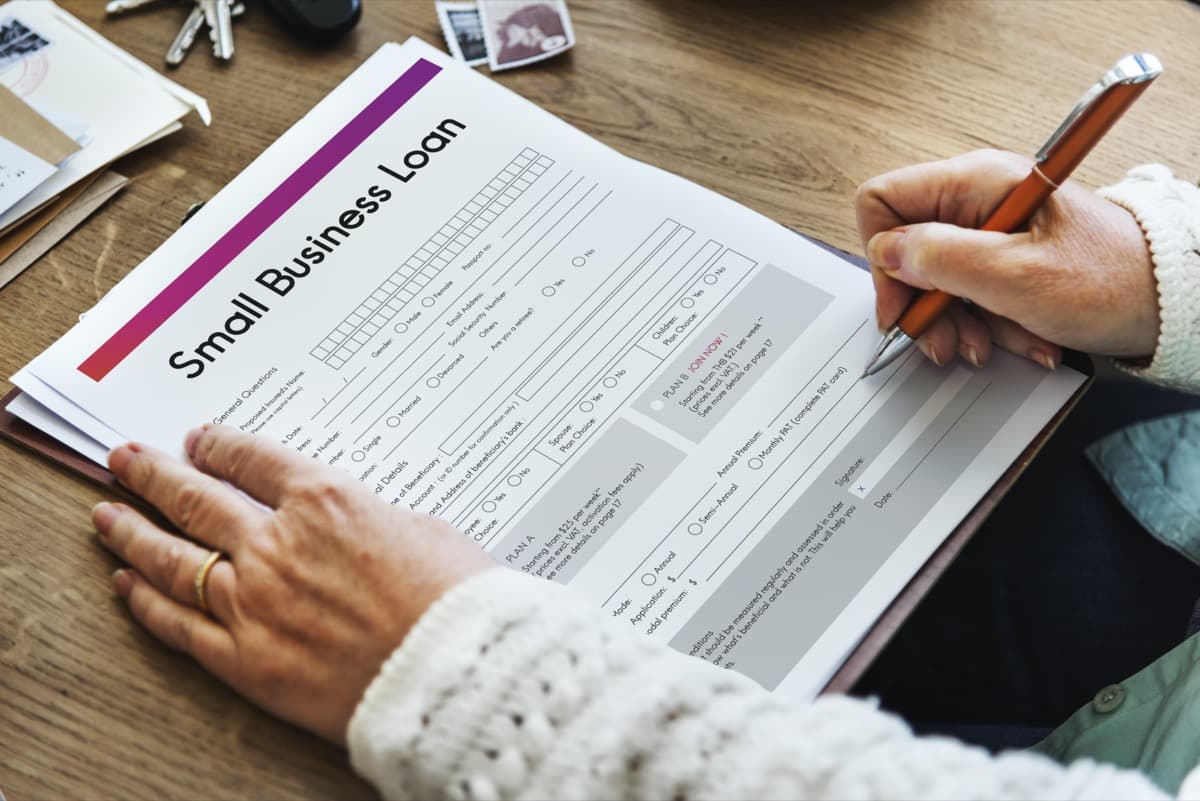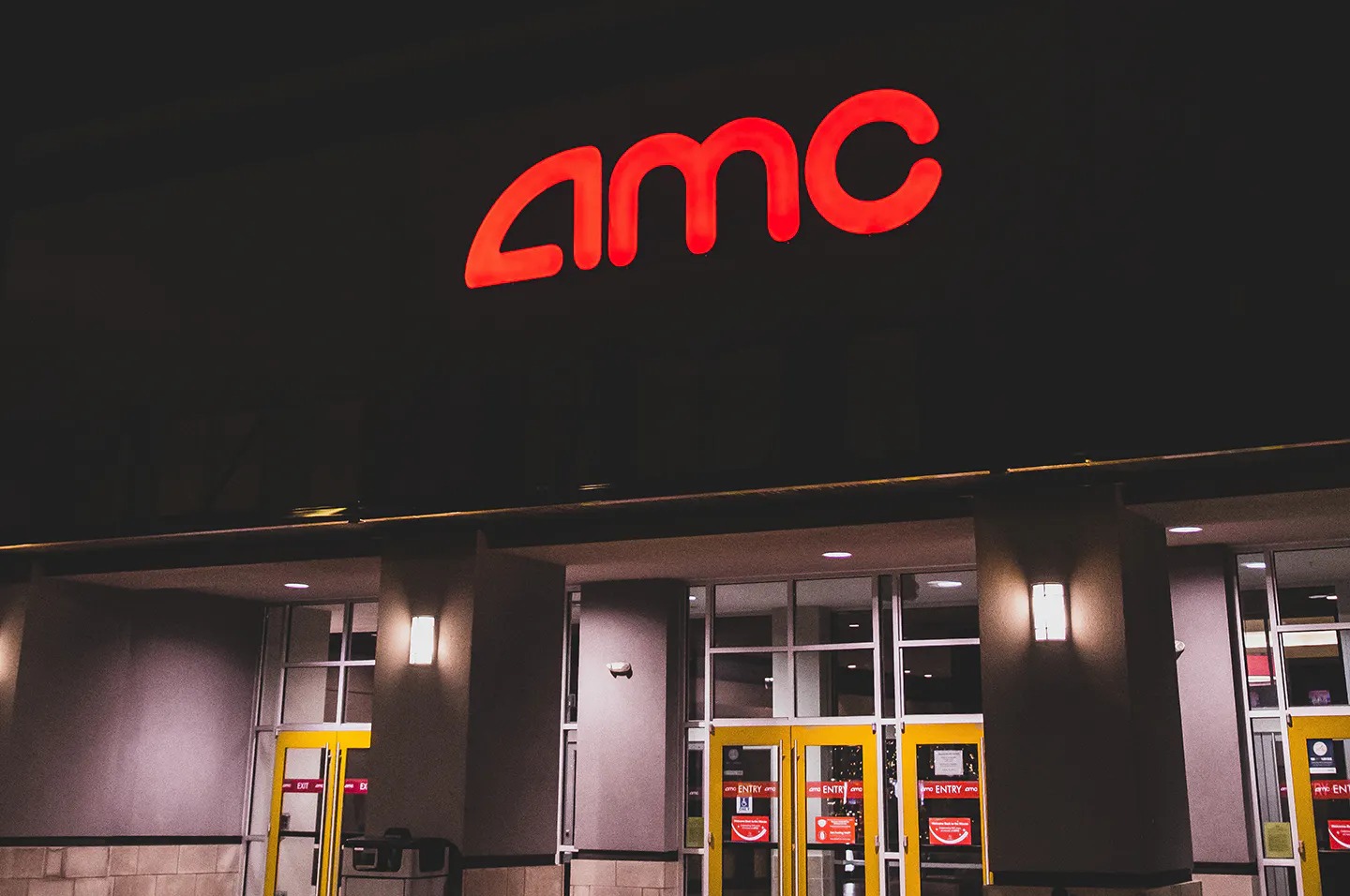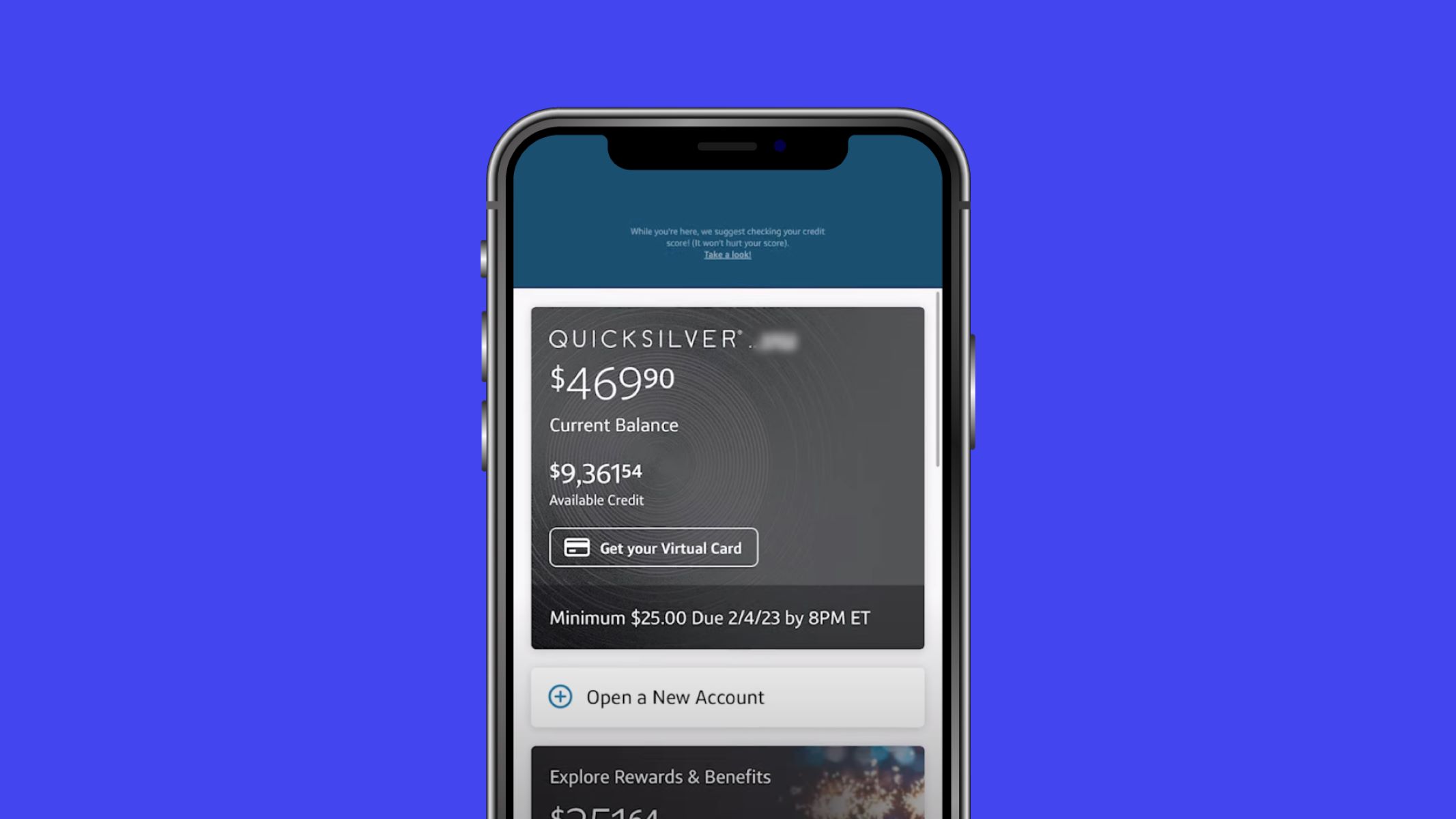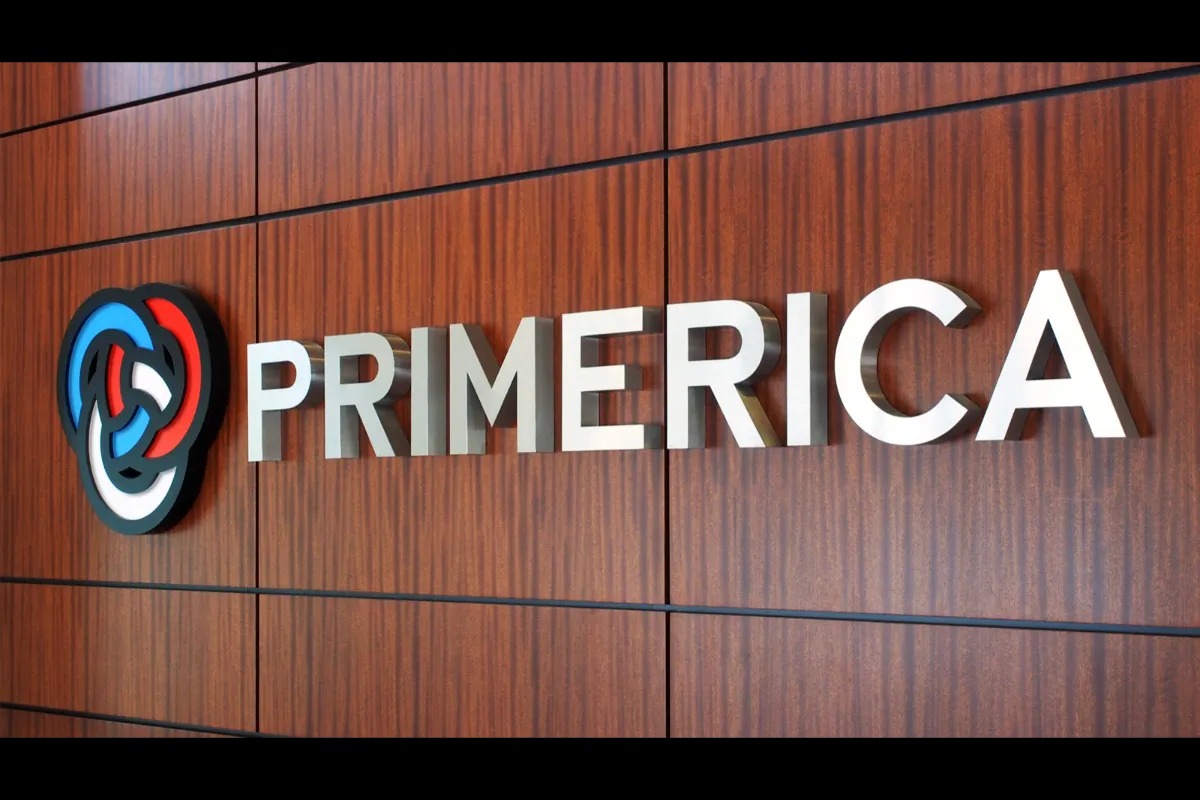Home>Finance>What Happens To Small Business Loan If Business Fails


Finance
What Happens To Small Business Loan If Business Fails
Modified: December 29, 2023
Discover what happens to a small business loan if the business fails, and how it can impact your financial situation. Learn about finance and the implications of business failure.
(Many of the links in this article redirect to a specific reviewed product. Your purchase of these products through affiliate links helps to generate commission for LiveWell, at no extra cost. Learn more)
Table of Contents
Introduction
Starting a small business is an exciting venture, filled with hopes and dreams of success. However, the reality is that not every business will thrive and withstand the challenges that come its way. In the unfortunate event that a small business fails, there are various consequences to consider, including what happens to any outstanding small business loans.
Small business loans are a common source of financing for entrepreneurs looking to start or expand their businesses. These loans provide essential capital to cover expenses such as inventory, equipment, marketing, and operational costs. While obtaining a small business loan can be a crucial lifeline for many businesses, it’s important to understand the implications of defaulting on these loans should the business fail.
In this article, we will explore the consequences of business failure and what happens to small business loans when the business is unable to repay them. We will also discuss options for dealing with defaulted small business loans.
It’s essential to note that every situation is unique, and the outcomes may vary depending on factors such as the loan agreement, the type of loan, and the lender’s policies. Therefore, it is advisable to consult with a financial advisor or legal professional for personalized guidance.
Understanding Small Business Loans
Before delving into what happens to small business loans when a business fails, it’s important to have a solid understanding of what these loans entail.
A small business loan is a type of financing specifically designed for entrepreneurs and small business owners. It provides access to capital that can be used to start a new business, expand an existing one, or cover day-to-day operational expenses.
There are several types of small business loans, including traditional bank loans, government-backed loans, and alternative lending options such as online lenders and peer-to-peer lending platforms. Each type of loan may have different eligibility criteria, interest rates, repayment terms, and collateral requirements.
When applying for a small business loan, lenders typically consider factors such as the business’s creditworthiness, the owner’s personal credit history, the purpose of the loan, the business’s financial statements, and the collateral available. The loan application process may involve submitting documentation, undergoing a credit check, and presenting a detailed business plan.
Once approved, the borrower receives the loan funds, usually in a lump sum or in a predetermined installment schedule. From that point forward, the borrower is responsible for repaying the loan according to the agreed-upon terms, including principal payments and interest.
Small business loans can offer various benefits to entrepreneurs, such as:
- Access to capital: Small businesses often require funding to cover startup costs, inventory, equipment, or expansion plans. A small business loan provides the necessary funds to pursue these opportunities.
- Building credit: Successfully repaying a small business loan can help establish or improve the business’s creditworthiness, making it easier to qualify for larger loans or secure favorable terms in the future.
- Flexibility: Small business loans can be tailored to the specific needs of the business, allowing owners to choose financing options that align with their goals and repayment capacity.
While small business loans can be a valuable resource for entrepreneurs, it is crucial to manage the loan responsibly and plan for potential challenges that may arise, such as unforeseen economic downturns or a decline in business revenue.
Now that we have a better understanding of small business loans, let’s explore the consequences of business failure and how it impacts these loans.
The Consequences of Business Failure
Business failure can have significant consequences, both financially and emotionally, for entrepreneurs and small business owners. When a business is unable to generate sufficient revenue to cover expenses and sustain operations, it may result in:
- Financial Losses: A failed business can lead to substantial financial losses for the owner, including the investment capital, personal savings, and potentially any personal assets used as collateral for loans.
- Debt Accumulation: In the process of trying to keep the business afloat, entrepreneurs may accumulate debt from various sources, including suppliers, creditors, and lenders.
- Loss of Employment: Business failure often results in job losses for the owner and employees. This can have a significant impact on livelihoods and financial stability.
- Reputation Damage: A failed business can tarnish the reputation of the owner and may make it more challenging to secure future financing or pursue other business opportunities.
- Emotional Stress: Business failure can take a toll on the mental health and well-being of entrepreneurs. It can lead to feelings of frustration, stress, and self-doubt, impacting both personal and professional aspects of their lives.
While these consequences can be devastating, it’s important to remember that business failure is a common occurrence, and many entrepreneurs bounce back and find success in subsequent endeavors. It’s essential to learn from the experience, seek support, and explore options for recovering from financial setbacks.
One aspect to consider when a business fails is the impact on any outstanding small business loans. Let’s dive into what happens to these loans in such circumstances.
What Happens to Small Business Loans When the Business Fails
When a small business fails, owners may wonder what will happen to the loans they have taken out to finance their operations. The specific outcomes will depend on various factors, including the loan agreement, the type of loan, and the lender’s policies.
In most cases, small business loans are backed by collateral or a personal guarantee from the business owner. Collateral can be in the form of business assets, such as property or equipment, which the lender can seize to satisfy the outstanding loan balance. A personal guarantee means the owner is personally liable for the loan, and the lender can pursue personal assets, such as homes or savings, to recover the debt if the business cannot repay.
If the business fails and cannot fulfill its obligations to repay the loan, the lender may take one or more of the following actions:
- Seize Collateral: If the loan is secured by collateral, the lender has the right to seize and sell the assets to recoup the outstanding loan balance. This can help offset the financial losses incurred due to the business failure.
- Invoke Personal Guarantees: If the owner provided a personal guarantee for the loan, the lender can pursue the owner’s personal assets to satisfy the debt. This can have significant implications for the owner’s financial stability and future borrowing capabilities.
- Pursue Legal Action: In some cases, the lender may choose to pursue legal action against the business owner to recover the outstanding debt. This may involve filing a lawsuit, obtaining a judgment, and using legal mechanisms to enforce repayment.
It’s important to note that lenders typically prioritize recouping their losses by seizing collateral or pursuing personal guarantees. If these actions are not sufficient to cover the entire outstanding balance, the remaining debt may be considered a loss for the lender.
Another consideration that can impact what happens to small business loans when the business fails is whether the loan is personally guaranteed by a third party, such as a co-signer or a business partner. In such cases, these individuals may also be held responsible for repaying the loan if the business cannot fulfill its obligations.
It’s crucial for business owners to review their loan agreements, consult with legal and financial professionals, and explore potential options for managing loan obligations in the event of business failure. Taking proactive steps, such as negotiating repayment terms or seeking debt restructuring, may help mitigate the long-term financial impact of a failed business.
Now that we have discussed what happens to small business loans when the business fails, let’s explore some options for dealing with defaulted small business loans.
Options for Dealing with Defaulted Small Business Loans
Dealing with defaulted small business loans can be overwhelming, but there are several options available to help entrepreneurs navigate these challenging circumstances. It’s essential to start by assessing your financial situation and exploring possible alternatives:
- Loan Restructuring: Contact your lender to discuss potential options for restructuring the loan. This may involve negotiating new repayment terms, such as lower interest rates, extended repayment periods, or reduced monthly payments. Lenders may be willing to work with you to find a solution that helps you manage your financial obligations more effectively.
- Debt Consolidation: If you have multiple loans and are struggling to repay them all, consolidating your debts into a single loan with lower interest rates and better repayment terms can help simplify your financial obligations. This can provide more breathing room and potentially reduce your monthly payments.
- Seeking Legal Assistance: If you are facing significant financial challenges and your lender is not willing to negotiate or work out a solution, it may be necessary to consult with a legal professional who specializes in debt management or bankruptcy. They can help you understand your rights and explore legal options such as bankruptcy or debt settlement.
- Business Debt Counseling: Working with a business debt counselor or financial advisor can provide valuable insights and guidance when dealing with defaulted loans. They can help you create a realistic budget, prioritize your debts, and develop a repayment strategy that aligns with your financial capabilities.
- Exploring Government Assistance: In some cases, there may be government programs or assistance available to help small business owners with defaulted loans. Research and inquire about potential relief options provided by local or national government agencies.
- Asset Liquidation: If the business has assets that are not essential for its operations and can be sold, considering liquidating those assets can provide funds to repay a portion of the loan. However, it’s crucial to carefully evaluate the impact of asset liquidation on the business’s ability to continue operating.
Each situation is unique, and the appropriate solution will depend on various factors, such as the amount of debt, the financial condition of the business, and the willingness of the lender to negotiate. It is advisable to consult with professionals such as financial advisors, attorneys, and accountants who can provide personalized advice based on your specific circumstances.
Remember, facing defaulted loans does not mean the end of your entrepreneurial journey. It’s an opportunity to learn valuable lessons, reassess your business strategies, and take steps towards financial recovery. With the right support and proactive measures, you can overcome these challenges and pave the way for future success.
Conclusion
Small business loans play a crucial role in providing entrepreneurs with the necessary capital to start, grow, or sustain their businesses. However, when a business fails, the implications for these loans can be significant. It’s important to understand the potential consequences and explore options for managing defaulted loans.
Business failure can result in financial losses, debt accumulation, reputation damage, and emotional stress for entrepreneurs. When a business is unable to repay a small business loan, lenders may seize collateral, invoke personal guarantees, or pursue legal action to recover the outstanding debt.
However, there are options available to help entrepreneurs deal with defaulted loans. These include loan restructuring, debt consolidation, seeking legal assistance, business debt counseling, exploring government assistance programs, and asset liquidation. Each situation is unique, and it’s crucial to assess the available alternatives and seek professional advice to determine the most suitable course of action.
While the experience of business failure can be challenging, it’s crucial to remember that it does not define you as an entrepreneur. Many successful business owners have faced setbacks and emerged stronger in subsequent ventures. Use this opportunity to learn from the experience, seek support, and plan for a brighter future.
It is important to approach small business loans with careful consideration, ensuring that you have a solid business plan, realistic financial projections, and a strong understanding of the loan terms and conditions. By being proactive, managing your finances diligently, and seeking professional guidance when needed, you can increase the likelihood of long-term business success.
Remember, failure is not the end; it’s a stepping stone towards growth and resilience. Learn from the past, adapt to new circumstances, and use the valuable lessons to pave the way for a stronger, more successful future.














